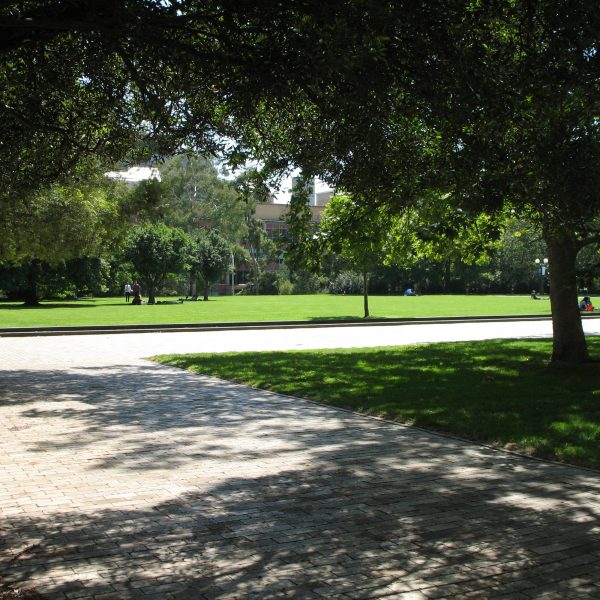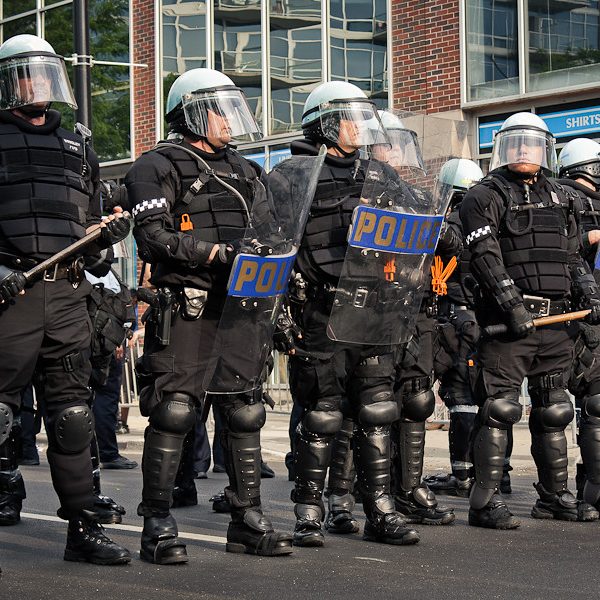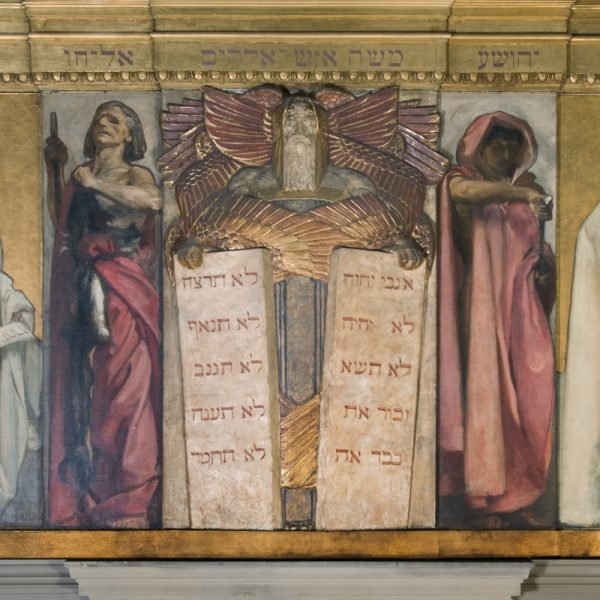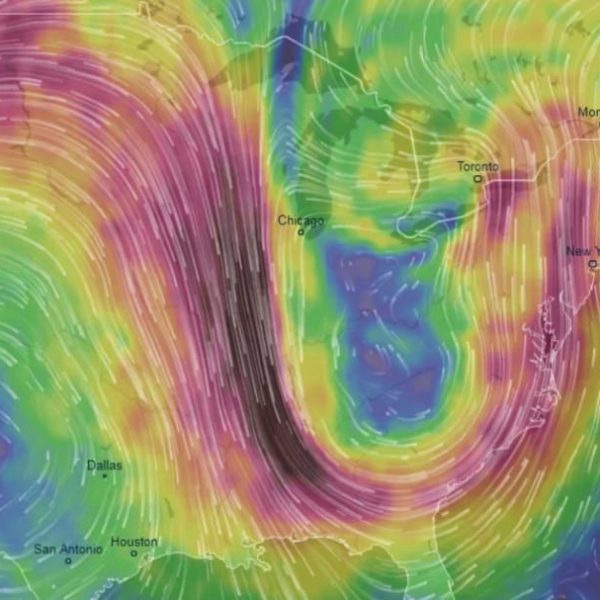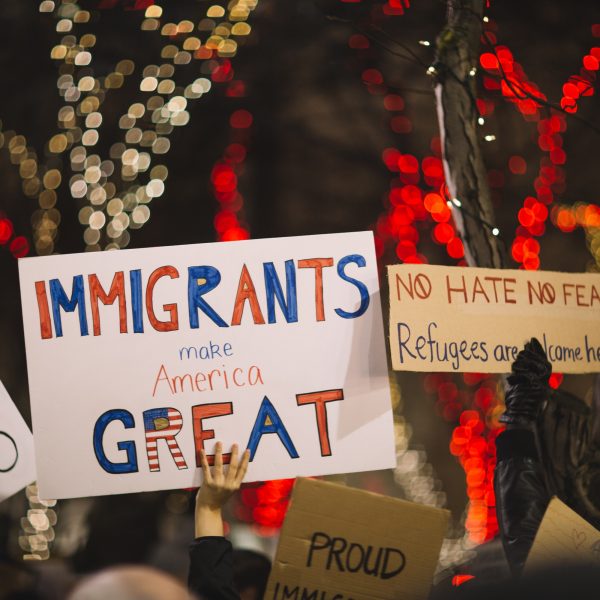
An intertextual reading of Genesis 12 and Psalm 121 demonstrates that, while our faithful relationship with God may be initiated by our willful act of leaving, our ongoing life journey can be sustained by our attention to nature’s ontological testimony of God’s unequal sovereignty. Just as the Hebrew pilgrims were given strength to live out their faith through ecological awareness and mindfulness, let us emulate this life of pilgrimage and boldly leave our anthropocentric lifestyles.

Humans may very well not survive to the end of the century, but in faithfulness to the Creator, between fasting and serving the Garden, hope is alive. The liturgical season of Lent is such a time.
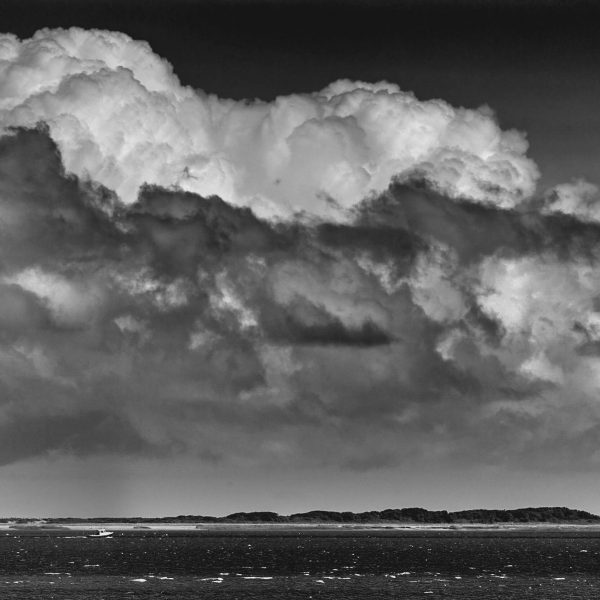
During the Christian, liturgical season of Lent, essays on the Politics of Scripture will reflect on the intersection between the lectionary texts and climate change.
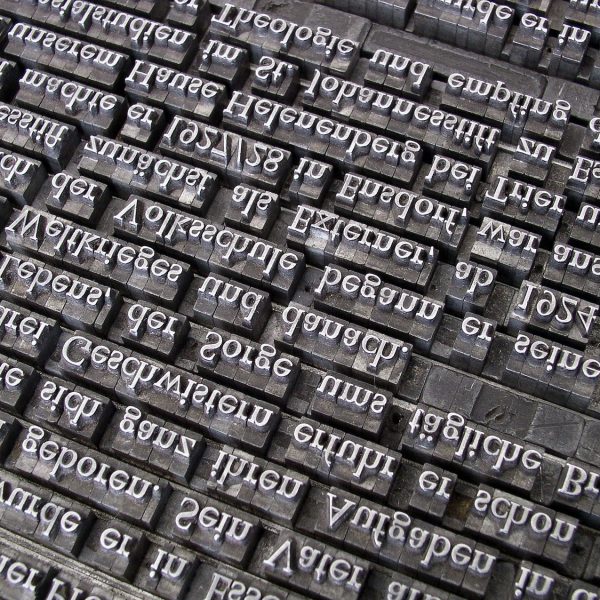
Our political theology is strengthened by trusting that the words of the Son of Man are a fleshly restatement of what is divinely just and good and holy and lovely. Because Christ has come and his presence is with us, God’s words are even more accessible to us.
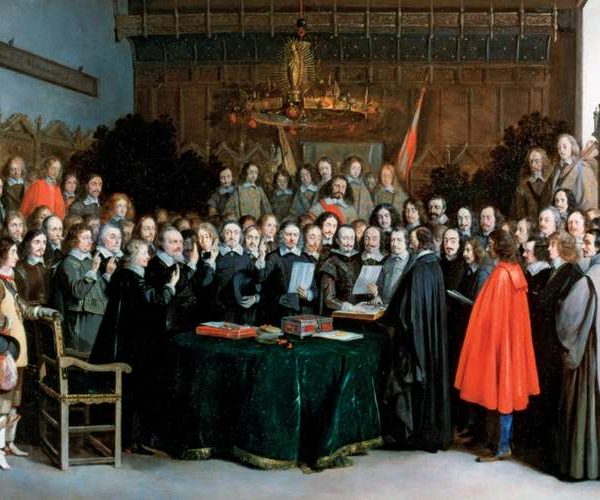
Even though the vaccination debate has nothing to do with religion, the public colored it with religious tones, and opted for policy inspired by the evolving culture of religious toleration and respect for individual conscience. After this move in the direction of post-reformation European culture took shape, public health turned medieval.

Non-vaccinating parents are asking, in the name of religion, to risk their own child and their child’s classmates with a preventable disease. This is not a theoretical risk: the last outbreak of polio in the United States, to give one example, was in a Christian Scientist school with low vaccine rates.
